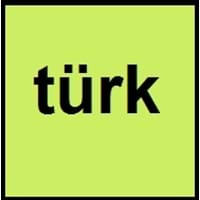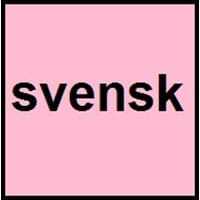Turkish vs Swedish
- Turkish language oldest written records are found upon stone monuments in Central Asia, in Orhun, Yenisey and Talas regions.
- Turkish language was developed in the Middle East, streching all the way to Eastern Europe.
- In Swedish language, article comes after noun.
- Most of the words in Swedish language began "S" than any other letter.
Turkish and Swedish Language History
Comparison of Turkish vs Swedish language history gives us differences between origin of Turkish and Swedish language. History of Turkish language states that this language originated in c. 1350 whereas history of Swedish language states that this language originated in 13th Century. Family of the language also forms a part of history of that language. More on language families of these languages can be found out on Turkish and Swedish Language History.
Turkish and Swedish Greetings
People around the world use different languages to interact with each other. Even if we cannot communicate fluently in any language, it will always be beneficial to know about some of the common greetings or phrases from that language. This is where Turkish and Swedish greetings helps you to understand basic phrases in Turkish and Swedish language. Turkish word for "Hello" is Merhaba or Swedish word for "Thank You" is tacka dig. Find more of such common Turkish Greetings and Swedish Greetings. These greetings will help you to be more confident when conversing with natives that speak these languages.
Turkish vs Swedish Difficulty
The Turkish vs Swedish difficulty level basically depends on the number of Turkish Alphabets and Swedish Alphabets. Also the number of vowels and consonants in the language plays an important role in deciding the difficulty level of that language. The important points to be considered when we compare Turkish and Swedish are the origin, speaking countries, language family, different greetings, speaking population of these languages. Want to know in Turkish and Swedish, which language is harder to learn? Time required to learn Turkish is 44 weeks while to learn Swedish time required is 24 weeks.





